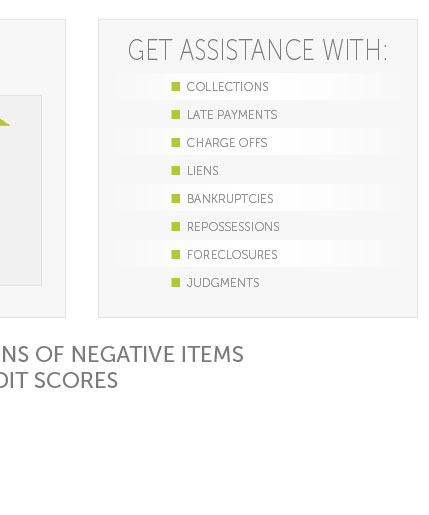 |
|||
|---|---|---|---|
 |
 |
 |
|---|---|---|
 |
||
 |
 |
 |
 |
|---|---|---|
 |
Unlock your financial potential with our unrivaled legal credit repair services that don’t just promise results, but deliver a future free from financial shackles-because at [Your Company Name], we believe everyone deserves a clean slate, and with our expert team leveraging legal avenues to challenge inaccuracies, negotiate debts, and optimize your credit score, you're not just repairing your credit, you're reclaiming your financial freedom, setting the stage for new opportunities, and taking control of your life with confidence and clarity; don't just dream about better credit-experience it.
https://www.investopedia.com/is-credit-repair-illegal-5075120
While bogus credit repair offers are a favorite ploy of scam artists, credit repair itself is legal. There are legitimate credit repair companies that can help ...
While bogus credit repair offers are a favorite ploy of scam artists, credit repair itself is legal. There are legitimate credit repair companies that can help ...
https://www.ftc.gov/legal-library/browse/statutes/credit-repair-organizations-act
This Act, Title IV of the Consumer Credit Protection Act, prohibits untrue or misleading representations and requires certain affirmative disclosures in the ...
This Act, Title IV of the Consumer Credit Protection Act, prohibits untrue or misleading representations and requires certain affirmative disclosures in the ...
https://www.creditrepaircloud.com/all-states/new-york-credit-repair-business
The Credit Repair Organization Act is title IV of the Consumer Credit Protection Act, which was signed into Law in 1996 by President Bill Clinton. It's a ...
The Credit Repair Organization Act is title IV of the Consumer Credit Protection Act, which was signed into Law in 1996 by President Bill Clinton. It's a ...